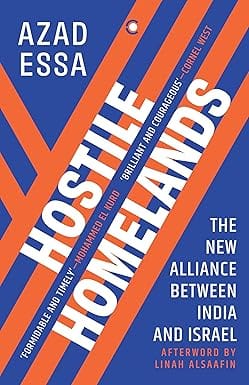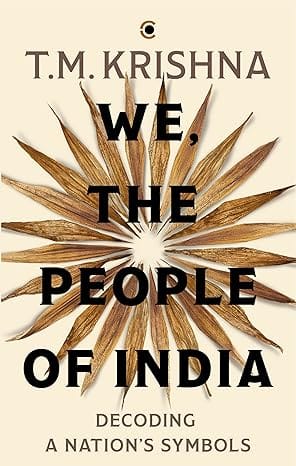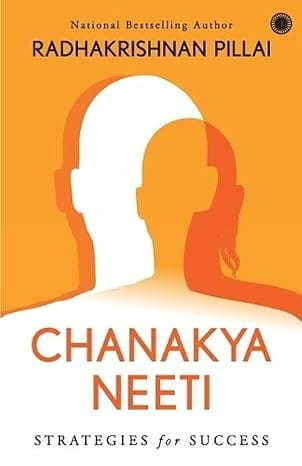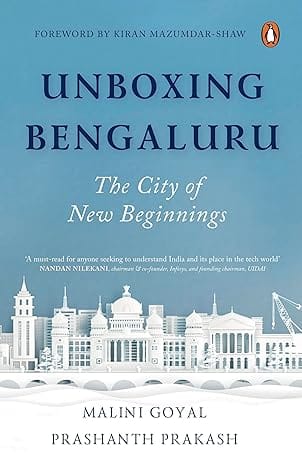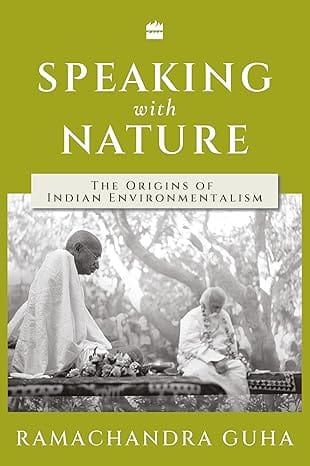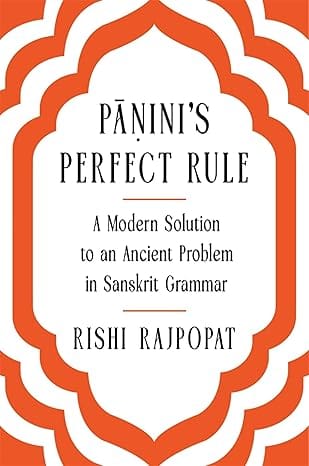WELCOME TO MIDLAND BOOK SHOP!
SHOP FOR
- Non-ficton
- Non-ficton
- Contemporary Fiction
- Contemporary Fiction
- Children
- Children
- Comics & Graphic Novels
- Comics & Graphic Novels
- Non-Fiction
- Non-Fiction
- Fiction
- Fiction
Shop No.20, Aurobindo Palace Market, Hauz Khas, Near Church +91 9818282497 | 011 26867121 110016 New Delhi IN
Midland The Book Shop ™
Shop No.20, Aurobindo Palace Market, Hauz Khas, Near Church +91 9818282497 | 011 26867121 New Delhi, IN
+919871604786 https://www.midlandbookshop.com/s/607fe93d7eafcac1f2c73ea4/69591829db7aed90e0608dfb/without-tag-line-480x480.png" [email protected]9789360457556 6842dbcd8caa25795f24fe0b Hostile Homelands The New Alliance Between India And Israel https://www.midlandbookshop.com/s/607fe93d7eafcac1f2c73ea4/6842dbcf8caa25795f24fe13/71j-nuodnil-_sy385_.jpg 9789360457556
About the Book
WHAT IS THE SIGNIFICANCE OF THE GROWING INDIA-ISRAEL ALLIANCE?
In the past decade, under the Narendra Modi-led government, India has changed dramatically. As the world attempts to grapple with the country’s sharp turn towards authoritarianism and Hindutva, little attention has been paid to the way India has leaned on Israeli weapons, military tactics and technical support to build its own ethnonationalist state.
As a leader of the much-lauded Non-Aligned Movement, India was once perceived as a pillar of pro-Palestine solidarity. New Delhi had equated Zionism with racism, after all. It was the first non-Arab state to recognise the Palestinian Liberation Organization. How, then, did Israel become a cornerstone of India’s foreign policy? If India was an opponent of colonialism and apartheid, why does its agenda in Kashmir look so similar to Israel’s settler-colonial project in Palestine? And how did a traditional supporter of the Palestinian cause become such a willing partner to Israel’s genocide in Gaza?
Hostile Homelands puts India’s relationship with Israel in its historical context, looking at the origins of, and connections between, Zionism and Hindutva. It examines the nature of India’s changing position on Palestine and its growing military-industrial relationship with Isreal from the 1990s onwards. Lucid and persuasive, Azad Essa demonstrates that the India-Israel alliance spells significant consequences for democracy, the rule of law and justice worldwide.
About the Author
Azad Essa is an award winning South African journalist and writer based in the New York metropolitan area. He is currently a senior reporter for the Middle East Eye, focusing on social movements, culture, and resistance. He is the author of The Moslems are Coming and Zuma's Bastard and has written for Al Jazeera, The Washington Post, Foreign Policy and the Guardian. He is a research associate at the Centre for Social Change at the University of Johannesburg.
WHAT IS THE SIGNIFICANCE OF THE GROWING INDIA-ISRAEL ALLIANCE?
In the past decade, under the Narendra Modi-led government, India has changed dramatically. As the world attempts to grapple with the country’s sharp turn towards authoritarianism and Hindutva, little attention has been paid to the way India has leaned on Israeli weapons, military tactics and technical support to build its own ethnonationalist state.
As a leader of the much-lauded Non-Aligned Movement, India was once perceived as a pillar of pro-Palestine solidarity. New Delhi had equated Zionism with racism, after all. It was the first non-Arab state to recognise the Palestinian Liberation Organization. How, then, did Israel become a cornerstone of India’s foreign policy? If India was an opponent of colonialism and apartheid, why does its agenda in Kashmir look so similar to Israel’s settler-colonial project in Palestine? And how did a traditional supporter of the Palestinian cause become such a willing partner to Israel’s genocide in Gaza?
Hostile Homelands puts India’s relationship with Israel in its historical context, looking at the origins of, and connections between, Zionism and Hindutva. It examines the nature of India’s changing position on Palestine and its growing military-industrial relationship with Isreal from the 1990s onwards. Lucid and persuasive, Azad Essa demonstrates that the India-Israel alliance spells significant consequences for democracy, the rule of law and justice worldwide.
About the Author
Azad Essa is an award winning South African journalist and writer based in the New York metropolitan area. He is currently a senior reporter for the Middle East Eye, focusing on social movements, culture, and resistance. He is the author of The Moslems are Coming and Zuma's Bastard and has written for Al Jazeera, The Washington Post, Foreign Policy and the Guardian. He is a research associate at the Centre for Social Change at the University of Johannesburg.
Review
<div class="a-section a-spacing-smalin stockINR 479
1 1
Email ID already exists!
Your Current password is incorrect
Password Updated Successfully
Thanks for your Feedback
- Home
- Non-Fiction
- Hostile Homelands The New Alliance Between India And Israel
Hostile Homelands The New Alliance Between India And Israel
ISBN: 9789360457556
₹479
₹599 (20% OFF)SIZE GUIDE
Sold By: Hauz Khas - Aurobindo Market
Details
- ISBN: 9789360457556
- Author: Azad Essa
- Publisher: Context
- Pages: 290
- Format: Paperback
Book Description
About the Book
WHAT IS THE SIGNIFICANCE OF THE GROWING INDIA-ISRAEL ALLIANCE?
In the past decade, under the Narendra Modi-led government, India has changed dramatically. As the world attempts to grapple with the country’s sharp turn towards authoritarianism and Hindutva, little attention has been paid to the way India has leaned on Israeli weapons, military tactics and technical support to build its own ethnonationalist state.
As a leader of the much-lauded Non-Aligned Movement, India was once perceived as a pillar of pro-Palestine solidarity. New Delhi had equated Zionism with racism, after all. It was the first non-Arab state to recognise the Palestinian Liberation Organization. How, then, did Israel become a cornerstone of India’s foreign policy? If India was an opponent of colonialism and apartheid, why does its agenda in Kashmir look so similar to Israel’s settler-colonial project in Palestine? And how did a traditional supporter of the Palestinian cause become such a willing partner to Israel’s genocide in Gaza?
Hostile Homelands puts India’s relationship with Israel in its historical context, looking at the origins of, and connections between, Zionism and Hindutva. It examines the nature of India’s changing position on Palestine and its growing military-industrial relationship with Isreal from the 1990s onwards. Lucid and persuasive, Azad Essa demonstrates that the India-Israel alliance spells significant consequences for democracy, the rule of law and justice worldwide.
About the Author
Azad Essa is an award winning South African journalist and writer based in the New York metropolitan area. He is currently a senior reporter for the Middle East Eye, focusing on social movements, culture, and resistance. He is the author of The Moslems are Coming and Zuma's Bastard and has written for Al Jazeera, The Washington Post, Foreign Policy and the Guardian. He is a research associate at the Centre for Social Change at the University of Johannesburg.
WHAT IS THE SIGNIFICANCE OF THE GROWING INDIA-ISRAEL ALLIANCE?
In the past decade, under the Narendra Modi-led government, India has changed dramatically. As the world attempts to grapple with the country’s sharp turn towards authoritarianism and Hindutva, little attention has been paid to the way India has leaned on Israeli weapons, military tactics and technical support to build its own ethnonationalist state.
As a leader of the much-lauded Non-Aligned Movement, India was once perceived as a pillar of pro-Palestine solidarity. New Delhi had equated Zionism with racism, after all. It was the first non-Arab state to recognise the Palestinian Liberation Organization. How, then, did Israel become a cornerstone of India’s foreign policy? If India was an opponent of colonialism and apartheid, why does its agenda in Kashmir look so similar to Israel’s settler-colonial project in Palestine? And how did a traditional supporter of the Palestinian cause become such a willing partner to Israel’s genocide in Gaza?
Hostile Homelands puts India’s relationship with Israel in its historical context, looking at the origins of, and connections between, Zionism and Hindutva. It examines the nature of India’s changing position on Palestine and its growing military-industrial relationship with Isreal from the 1990s onwards. Lucid and persuasive, Azad Essa demonstrates that the India-Israel alliance spells significant consequences for democracy, the rule of law and justice worldwide.
About the Author
Azad Essa is an award winning South African journalist and writer based in the New York metropolitan area. He is currently a senior reporter for the Middle East Eye, focusing on social movements, culture, and resistance. He is the author of The Moslems are Coming and Zuma's Bastard and has written for Al Jazeera, The Washington Post, Foreign Policy and the Guardian. He is a research associate at the Centre for Social Change at the University of Johannesburg.
Review
<div class="a-section a-spacing-smalUser reviews
NEWSLETTER
Subscribe to get Email Updates!
Thanks for subscribing.
Your response has been recorded.

India's Iconic & Independent Book Store offering a vast selection of books across a variety of genres Since 1978.
"We Believe In The Power of Books" Our mission is to make books accessible to everyone, and to cultivate a culture of reading and learning. We strive to provide a wide range of books, from classic literature, sci-fi and fantasy, to graphic novels, biographies and self-help books, so that everyone can find something to read.
Whether you’re looking for your next great read, a gift for someone special, or just browsing, Midland is here to make your book-buying experience easy and enjoyable.
We are shipping pan India and across the world.
For Bulk Order / Corporate Gifting
 +91 9818282497 |
+91 9818282497 |  [email protected]
[email protected]
Click To Know More
QUICK LINKS
ADDRESS
Midland Book Shop - Hauz Khas
Shop No.20, Aurobindo Palace Market, Near Church, New Delhi
Shop No.20, Aurobindo Palace Market, Near Church, New Delhi

